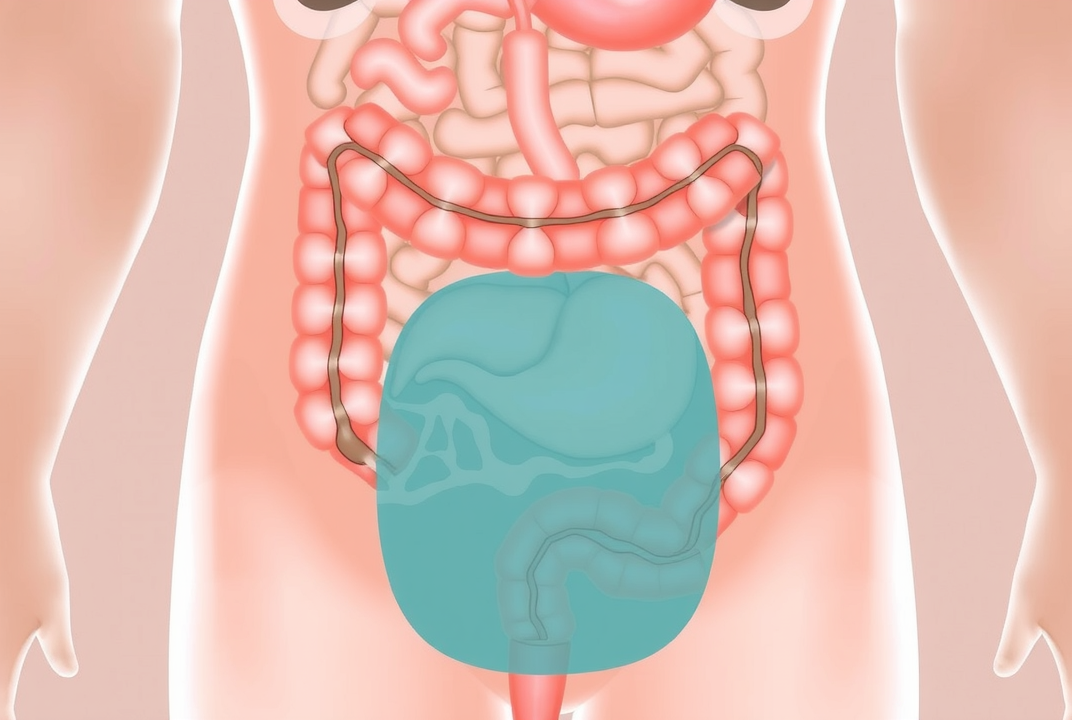Myths and Facts About Diverticulitis Flare-Ups: Separating Truth from Fiction

Introduction
Do you know that a significant number of people believe that diverticulitis flare-ups are always caused by eating nuts and seeds? This is one of the many myths surrounding diverticulitis flare-ups. Understanding what truly triggers these flare-ups can not only provide peace of mind but also guide better management of diverticulitis. In this article, you'll learn the common myths associated with diverticulitis flare-ups and the actual facts that debunk them.
Understanding Diverticulitis
Diverticulitis is a condition that affects the digestive tract, particularly the colon. It occurs when small, bulging pouches, known as diverticula, become inflamed or infected. This condition can cause symptoms like abdominal pain, fever, and digestive changes.

Myth 1: Nuts and Seeds Cause Flare-Ups
The Myth: For years, it has been widely believed that consuming nuts and seeds can lead to diverticulitis flare-ups.
The Fact: Recent studies have shown no direct link between eating nuts and seeds and the onset of flare-ups. In fact, some healthcare professionals suggest including them in diets for fiber content.
Myth 2: Only Older Adults Get Diverticulitis
The Myth: Many assume that diverticulitis is a condition that only affects older adults.
The Fact: While it is more common in individuals over 50, diverticulitis can occur in younger people as well, especially with certain risk factors such as obesity or an inactive lifestyle.
Myth 3: Diverticulitis Always Leads to Severe Pain
The Myth: Every flare-up involves excruciating pain and requires hospitalization.
The Fact: The severity varies from person to person. Some may experience mild discomfort, while others might have more intense symptoms that need medical intervention.
Myth 4: High-Fiber Diets Can Prevent Flare-Ups
The Myth: A diet high in fiber will prevent all diverticulitis-related problems.
The Fact: While fiber can contribute to overall digestive health, it doesn't guarantee avoidance of flare-ups. It's important to manage each case based on individual dietary needs and symptoms.
Practical Tips for Managing Diverticulitis
-
Stay Hydrated: Drinking plenty of water aids digestive processes.
-
Monitor Diet: Keep track of foods that seem to trigger symptoms and consult a healthcare provider for tailored advice.
-
Regular Exercise: Helps maintain a healthy weight and promotes intestinal function.

Conclusion
Understanding diverticulitis involves discerning facts from myths. By knowing the truths about what causes flare-ups and how they can be managed, individuals can take active steps towards better health management. Continue consulting with healthcare professionals to tailor these strategies to personal needs. Improved awareness and proactive care can help mitigate the impacts of diverticulitis.
Informative articles can aid in dispelling myths and providing clarity. Stay informed, question common assumptions, and make decisions based on verified information. For more insights, contact healthcare professionals or consult reliable sources on digestive health.